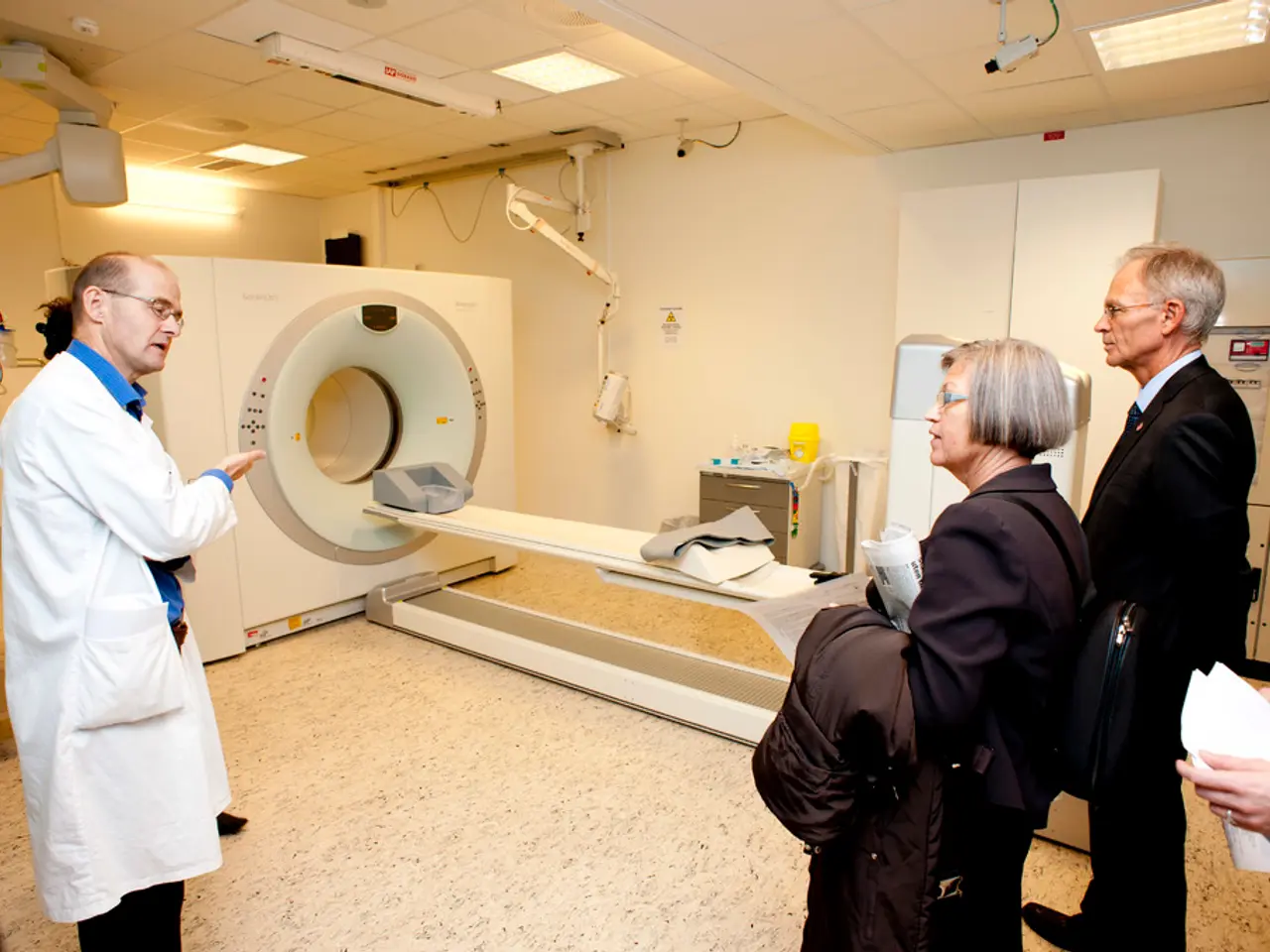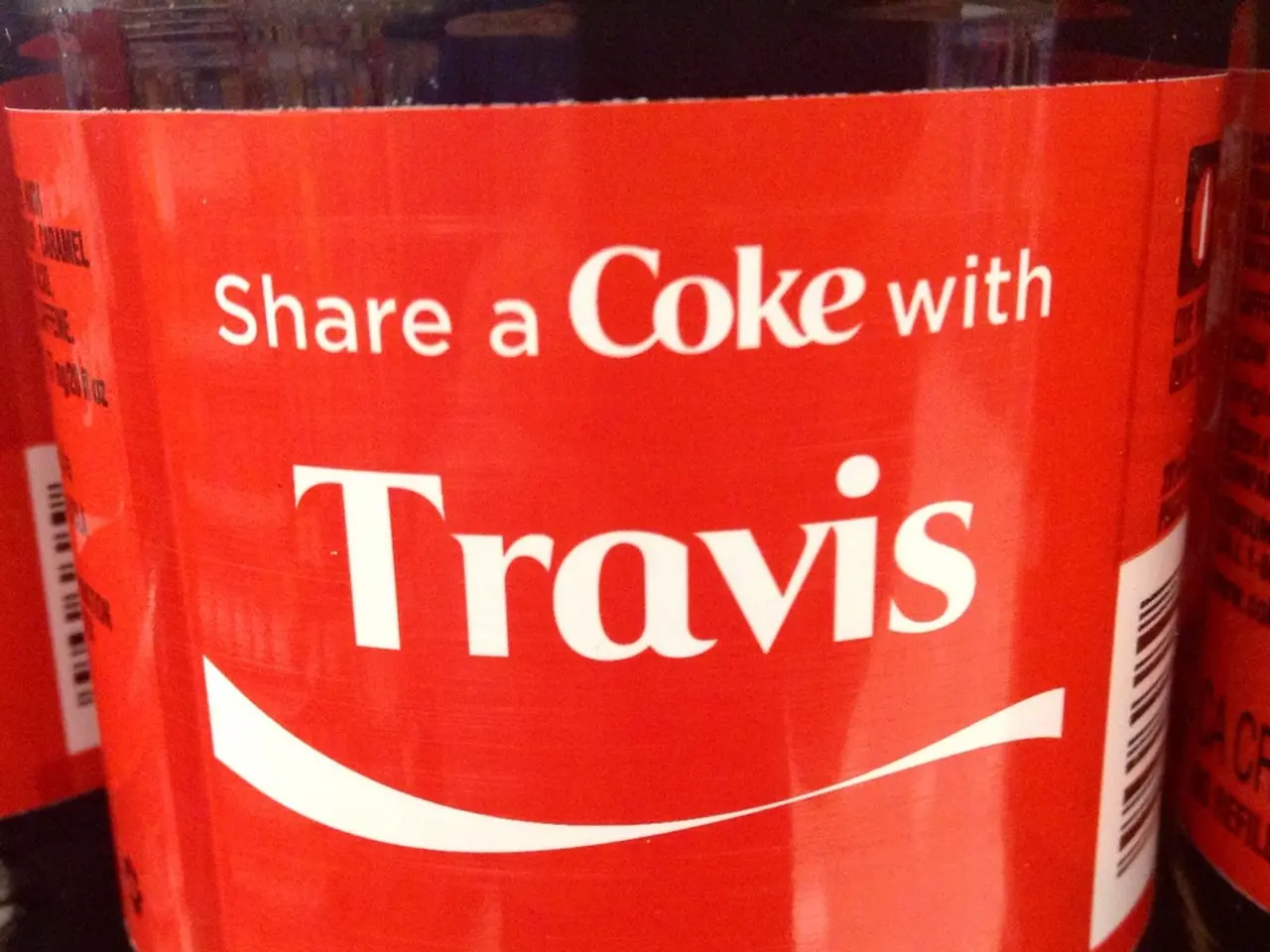Top Stories: Data Digest of Today's Highlights
In a rapidly evolving technological landscape, Artificial Intelligence (AI) is making significant strides in various industries, revolutionising processes, and driving progress. The impact of AI is evident in sectors as diverse as shipbuilding, maritime logistics, drug development, and assisted reproductive treatments.
In the realm of shipbuilding, AI is accelerating production and maintenance through advanced technologies. A prime example is Gecko Robotics, a defence AI startup that leverages AI to manage complex vendor supply chains and paper-heavy processes associated with building nuclear submarines. Their AI-driven drones conduct intricate inspections of structural integrity, analysing metal health layer by layer. This data is fed into digital twin software, creating virtual, realistic models of ships to diagnose problems and optimise construction, reportedly speeding production by up to 90%. This approach also addresses workforce shortages by equipping workers without decades of experience with AI-enabled tools, thereby augmenting human capability in skilled tasks like welding [1].
Moreover, the naval shipbuilding industry is widely adopting digital twin technology, which integrates real-time sensor data and analytics to optimise design, performance, and predictive maintenance, thereby reducing downtime and operational costs. Leading companies like BAE Systems and Huntington Ingalls Industries have applied these technologies to warships and submarines [5].
Moving to maritime logistics and shipping, AI and automation have transformed port operations, particularly in China. Automated cranes, autonomous vehicles, and AI-powered cargo tracking streamline processes and improve yard space utilisation. Chinese ports such as Guangzhou and Tianjin deploy AI models combined with 5G and cloud technologies to optimise container handling and equipment management while reducing manual labour reliance. This digitalisation increases throughput efficiency and enhances operational safety but also faces scrutiny related to security and labour concerns abroad [3][4].
In the field of drug development and assisted reproductive treatments, AI is accelerating drug discovery by analysing vast chemical and biological data sets, predicting molecule efficacy, and optimising trial designs. In assisted reproductive treatments, AI assists in embryo selection and treatment personalisation, improving success rates. While specific details on AI integration in these sectors for the period January 14-20, 2023, were not available, the broader trends demonstrate AI's growing transformative role, parallel to its impact in manufacturing and logistics [2].
Outside of these sectors, AI is making a mark in unexpected places. For instance, Ostloong, a Swiss company, has developed smart ski goggles that display course directions, weather, altitude, and speed using augmented reality [6]. In the realm of reproductive rights, doctors can use AI to minimise the number of unused embryos, potentially impacting future legislation [2].
The European Union has initiated the Smart European Shipbuilding project to expedite shipbuilding processes [7]. Furthermore, a team of researchers led by the University of Amherst has created an AI system to optimise the number of eggs to fertilise during assisted reproductive treatments [8]. This system was trained with data from over 410,000 egg retrievals and 460,000 embryo transfer cycles from 311,000 patients [8].
In a groundbreaking development, an international team of researchers has created a novel drug to treat a common type of liver cancer using Pharma.AI and AlphaFold [9]. Lastly, researchers at Queensland University of Technology, BirdLife Australia, and Healthy Land and Water have located the eastern bristlebird in southeast Queensland [10]. The team used acoustic sensors and an AI system to find over 350 bristlebird calls in two months [10].
In conclusion, AI integration fosters digital transformation across industries by automating complex tasks, enhancing predictive capabilities, and enabling smarter decision-making, leading to increased productivity and innovation in fields ranging from naval shipbuilding to maritime logistics and biomedicine [1][3][5].
- In shipbuilding, Gecko Robotics deploys AI for managing complex supply chains and inspecting structural integrity, with data-driven drones analyzing metal health layer by layer to optimize construction.
- Digital twin technology, integrating real-time sensor data and analytics, helps naval shipbuilders like BAE Systems and Huntington Ingalls Industries optimize design, performance, and predictive maintenance.
- Maritime logistics and shipping in China have been transformed through the use of AI-powered automation, streamlining processes and improving efficiency in container handling and equipment management.
- In drug development, AI is being used to analyze vast chemical and biological data sets, predict molecule efficacy, and optimize trial designs, potentially leading to faster drug discovery.
- Assisted reproductive treatments are benefiting from AI applications, particularly in embryo selection, personalization, and optimizing the number of eggs to fertilize, aiming for improved success rates.
- Data-and-cloud-computing technologies enable the use of AI in unexpected areas, such as smart ski goggles displaying course directions using augmented reality or aiding reproductive rights discussions by minimizing the number of unused embryos.
- AI research in the European Union, the University of Amherst, and international teams is making significant strides in various fields, including shipbuilding, biomedicine, and discovering rare species like the eastern bristlebird using acoustic sensors and AI systems.




